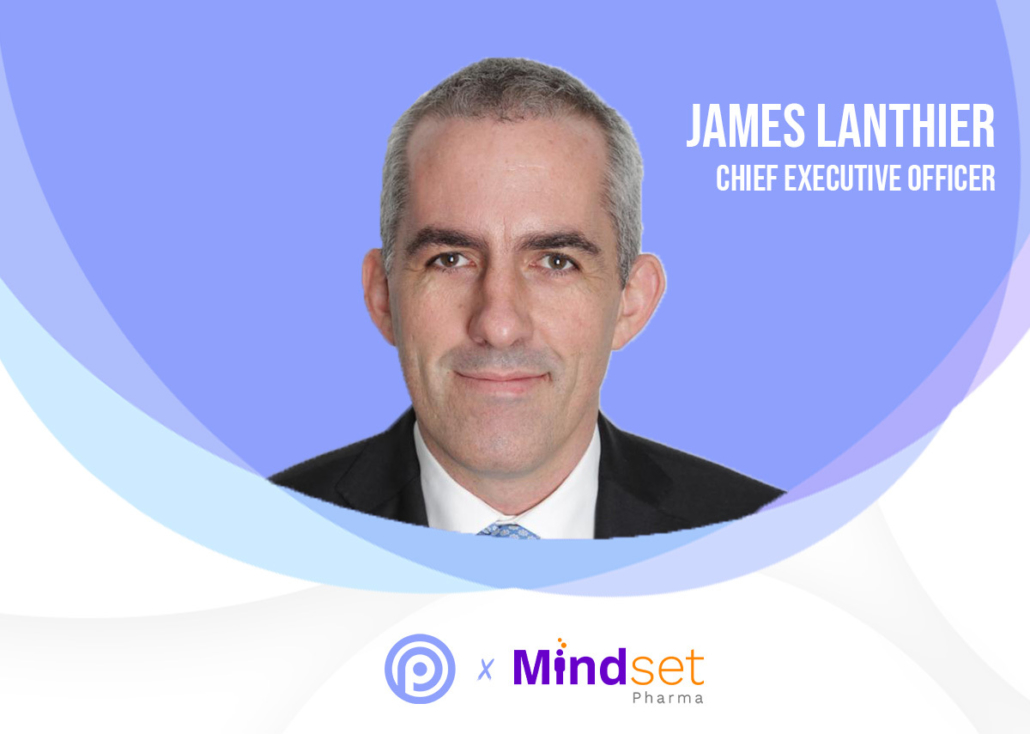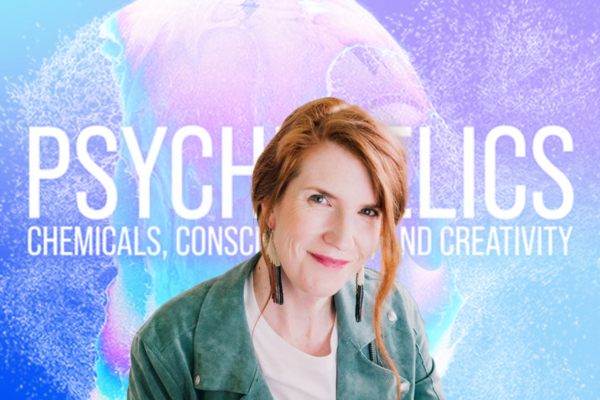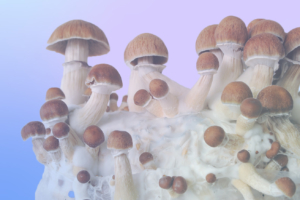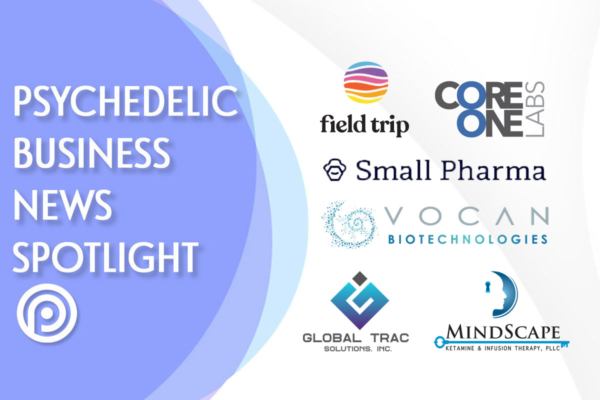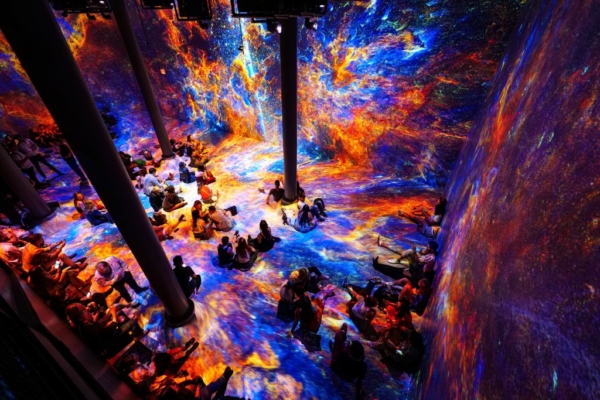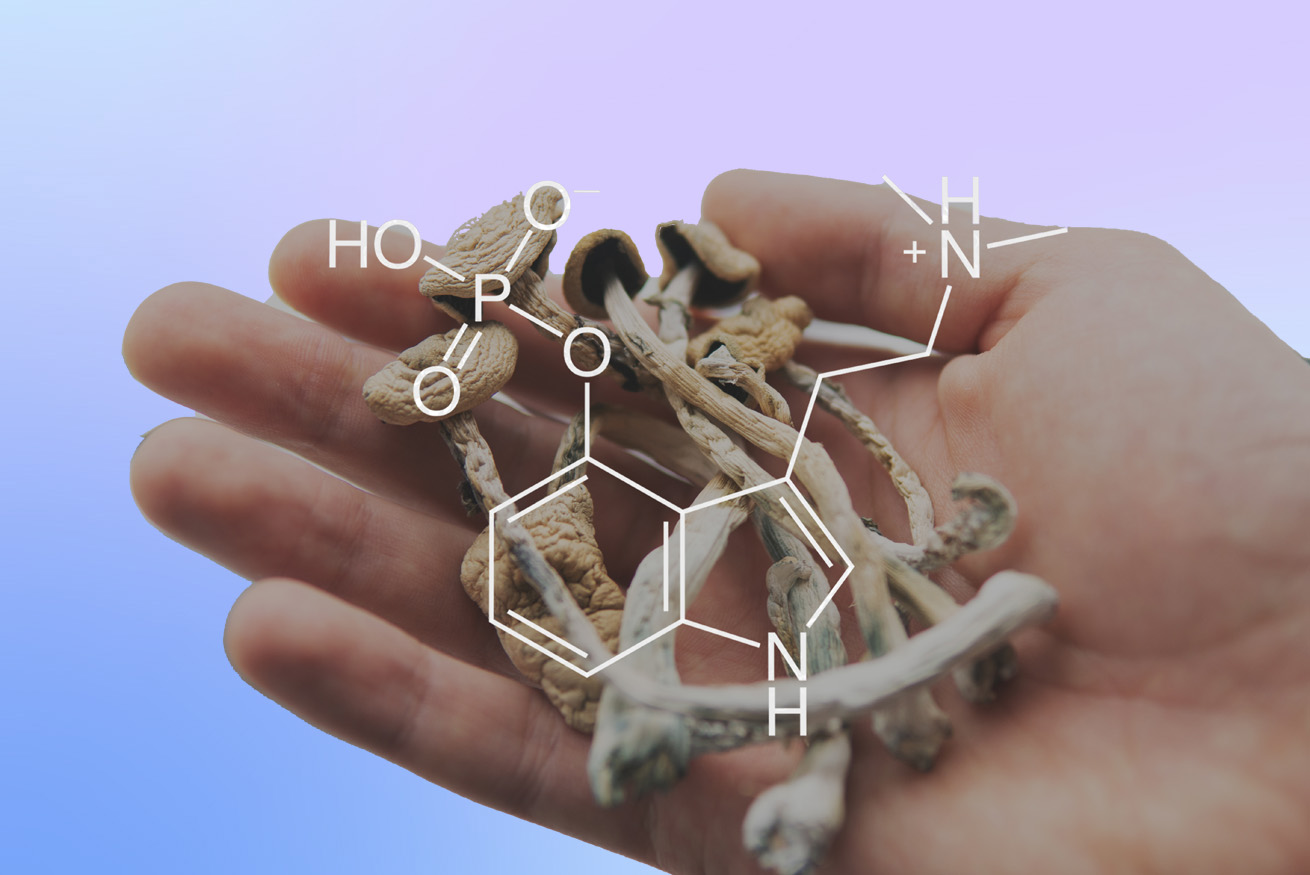
“Next-generation psychedelic drugs” is a phrase we’ll be hearing a lot as the psychedelic renaissance continues to grow into a full-blown medicinal industry. But what, exactly, does it mean?
Mindset Pharma (CSE: MSET) (FSE: 9DF) (OTCQB: MSSTF) CEO James Lanthier cleared that up on the latest episode of the Psychedelic Spotlight Podcast, defining them as “new drugs that are based on the old psychedelic drugs.”
“Drugs like psilocybin, which is the psychoactive component of magic mushrooms, or DMT, or LSD, MDMA—these are all drugs that I think people in the market would generally regard as first-generation drugs,” he continues. “Many of these drugs have been used for thousands of years in one shape, or form.”
Lanthier compares the drugs his two-year-old biosciences company is developing to aspirin, which was one of the first drugs to come into common usage, according to The Pharmaceutical Journal.
“Aspirin comes from a chemical that is derived from the bark of the willow tree. And it was known for thousands and thousands of years that the bark of the willow tree, if you brewed it up into a tea, it could cure your pain,” Lanthier explains. “But it had some terrible side effects. It would make you nauseous, and and it took about 100 years worth of chemistry work in the 19th century to go from the bark of the willow tree … to a drug aspirin.”
Ancient documents have shown that Egyptians and Sumerians began using the bark of a willow an anti-inflammatory or pain reliever all the way back in 3,000 BC. And then modern man got turned on to the medicine after 1828, when German pharmacy professor Joseph Buchner successfully extracted the active ingredient from willow. Bayer patented a formula of the drug with reduced irritability in 1897, and by 1950, aspirin entered the Guinness World Records for being the most frequently sold painkiller.
“We’re trying to do that same work,” Lanthier says. “We apply medicinal chemistry and behavioral pharmacology, and all the tools of drug discovery really, to to make some modifications to the chemical structures of well known psychedelic drugs, like psilocybin and DMT, to try to improve them and make them more effective medications.”
Using psilocybin as an example, Lanthier reports that Mindset Pharma has found a range of different psilocybin doses can result in a significant decrease in body temperature, which is a safety problem in their eyes. Tests have shown the company’s lead candidate, MSP-1014, does not impact the body’s temperature, while still providing the therapeutic effects that have propelled the once-demonized psychoactive compound into a favorable light, proving to better treat depression and end-of-life distress than other available medicines.
“Of the 300 million people worldwide who suffer from from major depressive disorder, it’s something like a third of them don’t respond to the established treatments of antidepressants,” Lanthier explains. “So, there’s a desperate need for a solution to this problem. And psilocybin, so far, looks like it could be an excellent potential solution based on the data that we’ve all seen. We think that MSP-1014 can potentially do an even better job and be a safer drug.”
Listen to The Psychedelic Spotlight Podcast below for the entire conversation with the CEO of one of the leading companies in the psychedelic medicine space.
